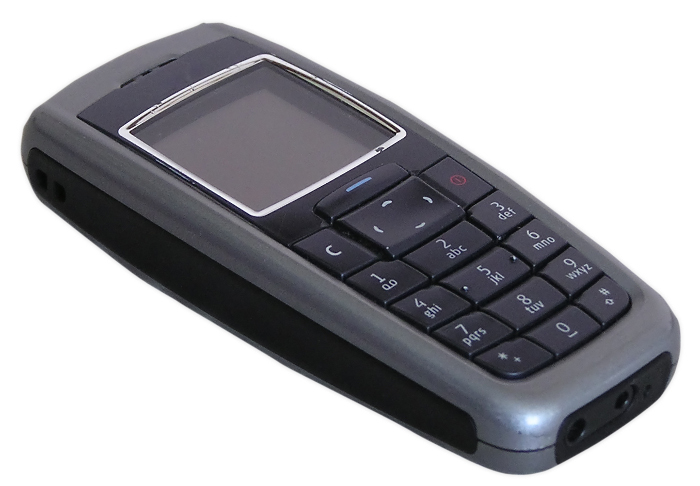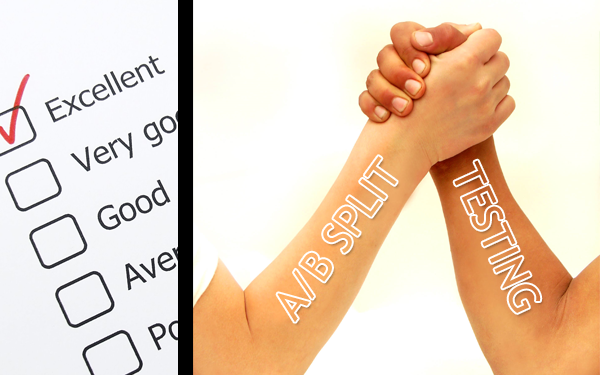 Widespread smartphone adoption has created novel social and commercial content channels for many users. But a new report shows that more sophisticated handsets are also more prone to technical glitches – especially in terms of basic functionality, rather than sophisticated features. In particular, Pew Internet researchers found, smartphone users are more likely to experience dropped calls, spam and unwanted text messages, and what they perceive to be slow download speeds. “The big change that mobile connectivity has brought to users is the instant availability of people and data,” said co-author Jan Lauren Boyles. “As mobile owners become fond of just-in-time access to others and as their expectations about getting real-time information rise, they depend on the cell phone’s technical reliability. The dissonant implication of Pew’s findings is that powerful, expensive handsets are not necessarily serving as better phones – raising the possibility that manufacturers and independent developers will try to cater to that concern. As the capabilities of mobile devices has grown, researchers found, consumers have begun to expect more from them. Now that users are accustomed to immediate access to data and social contacts, glitches and delays in connectivity have come to be seen as more significant annoyances. In addition, research shows that a strong majority of Americans – 88 percent, according to Pew – now own cell phones, exacerbating the cultural and policy implications of connectivity concerns. “Even though mobile technology often simplifies the completion of everyday tasks, cell phone owners can also encounter technical glitches and unwanted intrusions on their phones,” reads the report. The data also showed interesting trends regarding users’ race. Non-white cell phone users seem to experience unwanted and dropped calls, unwanted texts and poor download speeds more frequently than white users – a trend that researchers hypothesized could have to do with African-American and Hispanic users being more likely than others to use their handsets as their primary internet connectivity device. The report was produced by the Pew Internet and American Life Project, a project by the Pew Research Center that produces research on the impact of the web on private and public life.
Widespread smartphone adoption has created novel social and commercial content channels for many users. But a new report shows that more sophisticated handsets are also more prone to technical glitches – especially in terms of basic functionality, rather than sophisticated features. In particular, Pew Internet researchers found, smartphone users are more likely to experience dropped calls, spam and unwanted text messages, and what they perceive to be slow download speeds. “The big change that mobile connectivity has brought to users is the instant availability of people and data,” said co-author Jan Lauren Boyles. “As mobile owners become fond of just-in-time access to others and as their expectations about getting real-time information rise, they depend on the cell phone’s technical reliability. The dissonant implication of Pew’s findings is that powerful, expensive handsets are not necessarily serving as better phones – raising the possibility that manufacturers and independent developers will try to cater to that concern. As the capabilities of mobile devices has grown, researchers found, consumers have begun to expect more from them. Now that users are accustomed to immediate access to data and social contacts, glitches and delays in connectivity have come to be seen as more significant annoyances. In addition, research shows that a strong majority of Americans – 88 percent, according to Pew – now own cell phones, exacerbating the cultural and policy implications of connectivity concerns. “Even though mobile technology often simplifies the completion of everyday tasks, cell phone owners can also encounter technical glitches and unwanted intrusions on their phones,” reads the report. The data also showed interesting trends regarding users’ race. Non-white cell phone users seem to experience unwanted and dropped calls, unwanted texts and poor download speeds more frequently than white users – a trend that researchers hypothesized could have to do with African-American and Hispanic users being more likely than others to use their handsets as their primary internet connectivity device. The report was produced by the Pew Internet and American Life Project, a project by the Pew Research Center that produces research on the impact of the web on private and public life.
Image: Morguefile









